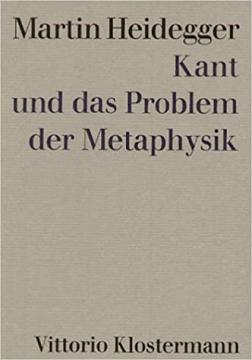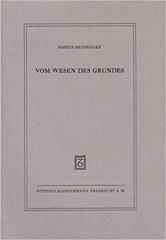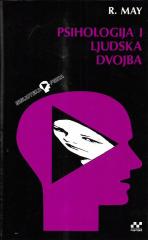
Kant und das Problem der Metaphysik
The work is Heidegger's attempt to reinterpret Kant's philosophy with an emphasis on the ontological dimension. Heidegger claims that the true meaning of Kant's Critique of Pure Reason is not epistemologically theoretical, but metaphysical – focused on th
Heidegger believes that Kant's key discovery is the realization that the faculty of cognition (transcendental imagination) is not just an intermediary between sensibility and reason, but the fundamental faculty that enables beings to be experienced as beings. Thus, the transcendental imagination reveals how understanding the world in general is possible.
The main problem of metaphysics, according to Heidegger, is not the question of how we know things, but how things can be. Kant, although unconsciously, laid the foundations of this question with his work, but did not fully develop it.
Heidegger also emphasizes that Kant's metaphysics is incomplete because it remains limited by the concept of the subject and does not fully develop the problem of Being. Nevertheless, Kant opened the way to a thought that transcends traditional metaphysics.
"Kant and the Problem of Metaphysics" is a key text for understanding Heidegger's development from early phenomenological analyses to later thought about Being.
One copy is available
- Slight damage to the dust jacket
- Signature of previous owner





